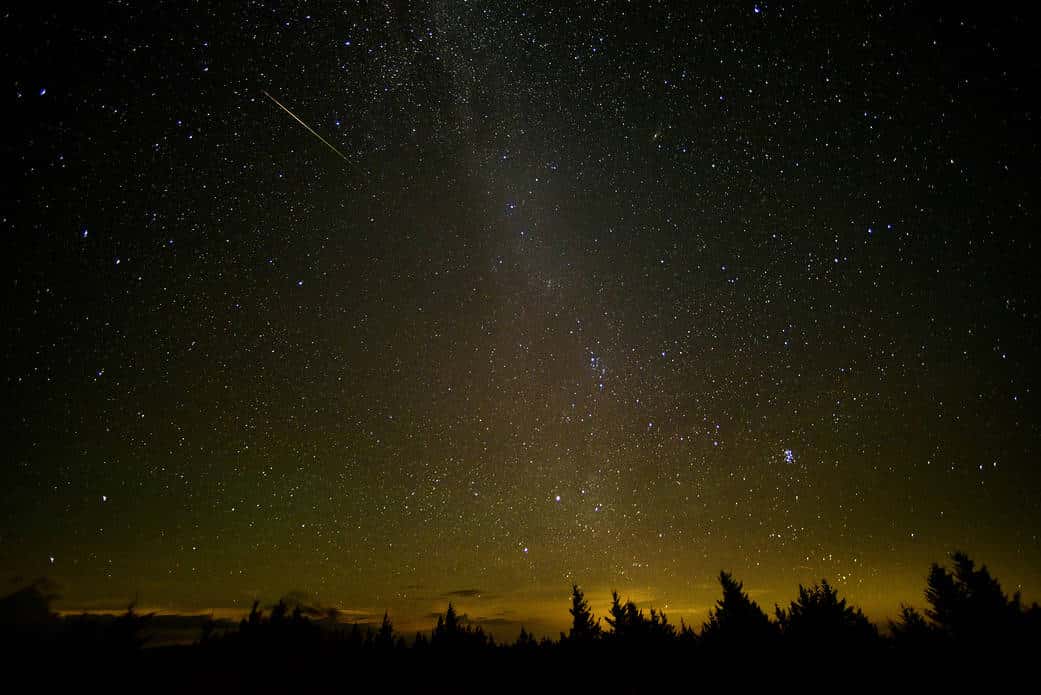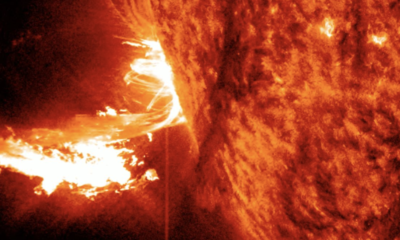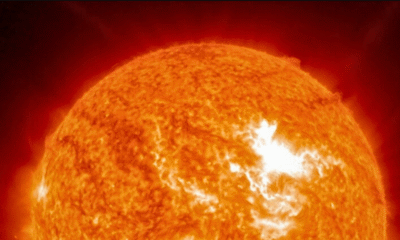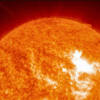Perseid Meteor Shower 2020 is an eye feast for star gazers, how to watch in India
In India, Perseid meteor shower can be witnessed August 11 or August 12
The annual Perseid meteor shower is one of the most anticipated night sky show for stargazers. For the best glimpse, the best viewing time is in the predawn hours when it is the darkest. According to NASA, the Perseids meteor shower appears when Earth passes through the rubble left by Comet Swift-Tuttle. It peaks this week in the early morning hours of August 12. But skywatchers can catch glimpses of this natural phenomena on August 11 and August 13 in the dark skies.
NASA said the bright meteor shower has an impressive average rate of between 50 and 75 meteors per hour. It can produce upwards of 150 to 200 meteors per hour.
The American space agency said Perseids frequently leave long wakes of light and colour behind them as they streak through Earth’s atmosphere. “The Perseids are one of the most plentiful showers, that is about 50 to 100 meteors per hour, and can occur with warm summer nighttime weather, allowing skywatchers to easily view them,” NASA said.
Astronomers say that Perseids are also known for their fireballs, which are larger explosions of light and colour that can persist longer than an average meteor streak. Experts, giving an insight to the Perseid Meteor Shower, share that it originates from comet 109P/Swift-Tuttle, which takes 133 years to orbit the sun once. Lewis Swift and Horace Tuttle discovered the Comet Swift-Tuttle in 1862. its believed to be ‘twice the size of the object hypothesized to have led to the demise of the dinosaurs’. The Perseids come from the constellation Perseus. But the constellation is not the source of the meteors.
Read more: Perseids Peak: Watch Best Meteor Shower of the Year!
The Lowell Observatory, NASA, Slooh and the Virtual Telescope Project will be sharing webcasts of the spectacle for star enthusiasts throughout the world. Space.com said the Virtual Telescope Project would be hosting a live Perseids-watching event, beginning at 6 pm EDT (2200 GMT) on August 11.












































